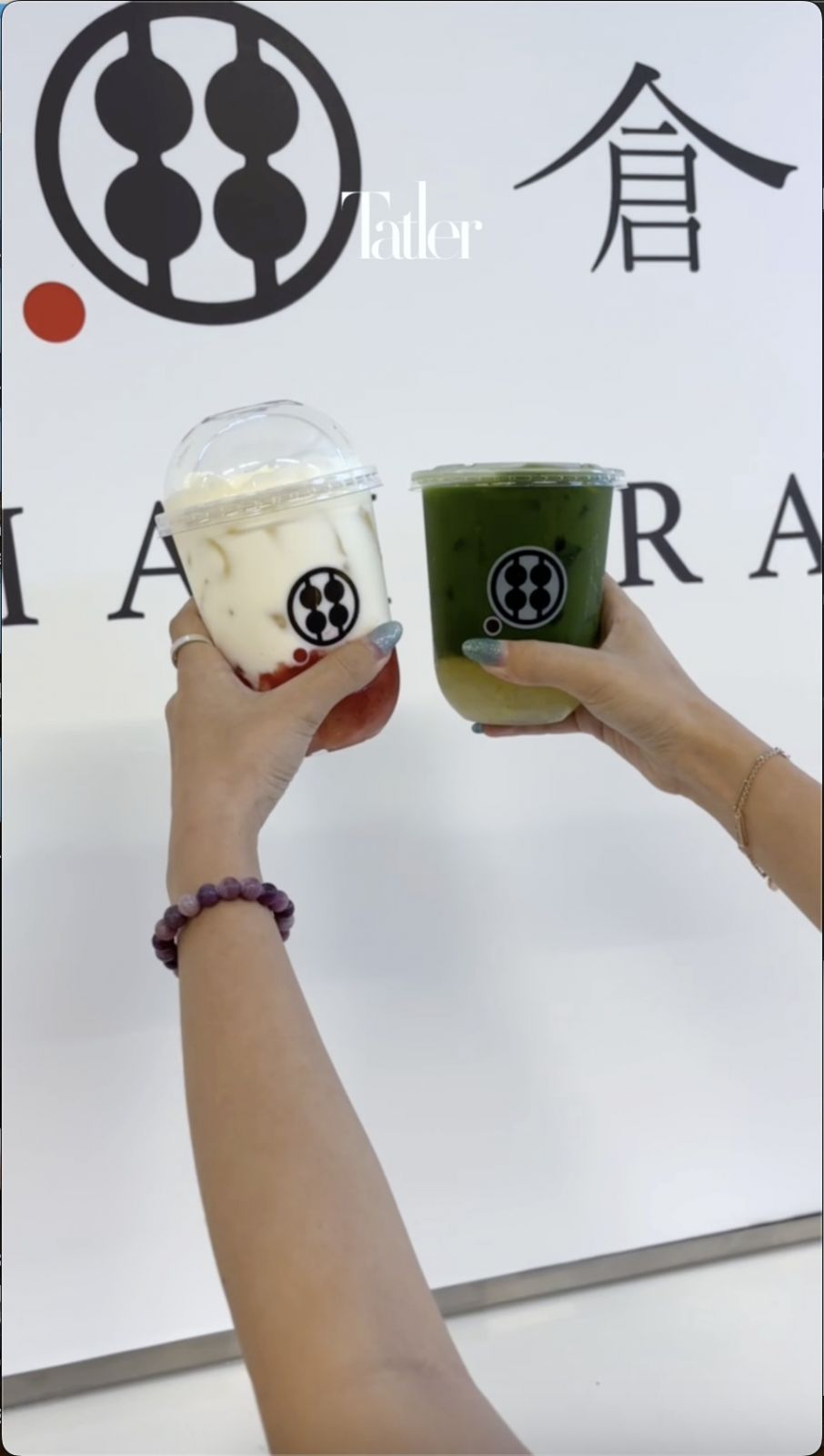Here’s what to know about the award-winning actress who is making waves in Hollywood
Anna Sawai has made history as the first actress of Asian descent to win the Emmy Award for Best Lead Actress in a Drama Series, a groundbreaking moment for representation in entertainment. The New Zealand-born Japanese actress, who took home the award for her role as dutiful samurai woman Toda Mariko in FX’s Shōgun, captivated audiences with her portrayal of a sharp-witted translator navigating the complexities of Sengoku-period Japan.
Sawai’s win marks her first-ever Emmy nomination and victory, and she accepted the award with tearful emotion, confessing, “I was crying before my name was announced. I’m a mess today.”
In her speech, Sawai thanked her co-stars Hiroyuki Sanada, who also won an Emmy for Lead Actor in a Drama, and Cosmo Jarvis, as well as her mother, who inspired her portrayal of Mariko. “Mum, I love you. You are the reason I am here. You showed me stoicism and that's how I was able to play Mariko,” she says.


Having clinched roles in AppleTV’s Monarch: Legacy of Monsters, Pachinko, and Fast & Furious 9, Sawai has distinguished herself as a dedicated actress, known for bringing depth and attention to detail to her on-screen roles.
Growing up between New Zealand, Hong Kong, the Philippines and Japan, Sawai learnt to sing from her mother, which helped her secure a role in a production of Annie in Tokyo when she was 11. Her early passion for dancing and singing came through as she became a founding member of the J-pop girl group Faky, before landing her debut acting role as teenage Kiriko in the 2009 action film Ninja Assassin.
In media interviews about playing Lady Mariko, Sawai expressed gratitude for how nuanced her character was and initially met with the show’s co-creator Justin Marks to ensure that Lady Mariko would not be an example of an overly sexualised and limited portrayal of Japanese women by the media.
See also: Meet Audrey Lin, the youngest-ever Golden Horse Best Actress winner, who Ang Lee calls ‘a genius’








